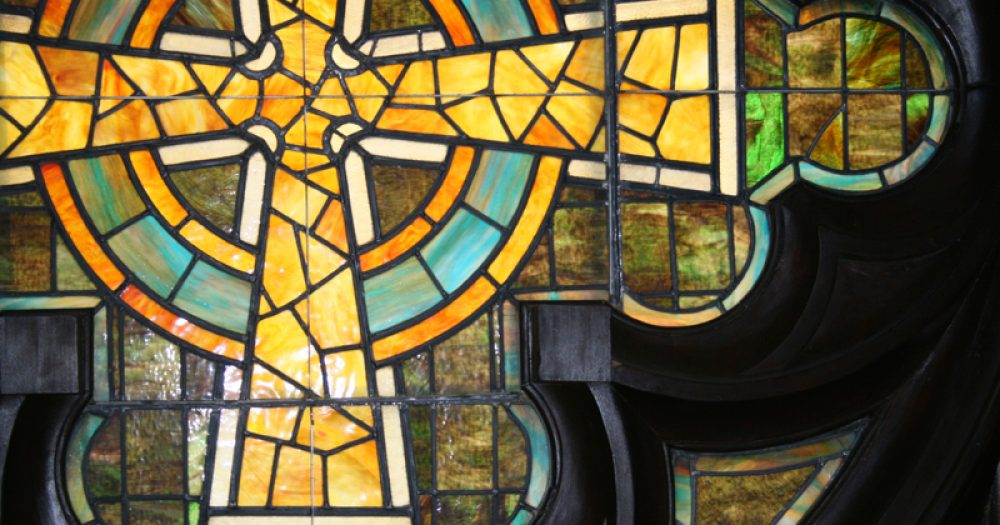ATL has voted to stop parents “selectively” withdrawing their children from religious education lessons, claiming the practice is increasingly fuelled by antisemitism and Islamaphobia.
Members of the union warned today that prejudiced parents are selectively using their right to withdraw to “isolate themselves and their children” from the beliefs of others.
At its annual conference, the ATL section of the National Education Union voted in favour of a motion demanding action from government to prevent “selective” use of the right to withdrawal.
The government must therefore take steps to monitor, prevent and tackle this abuse by parents and guardians looking to isolate themselves and their children from our society
Parental rights to withdraw children from RE were introduced in 1998, when the “main aim” of religious education was “nurturing children into the Christian religion”, delegate Richard Griffiths argued
It was meant to give those of other faiths a way to excuse their children “on grounds of conscience”, he said.
Now, RE is a different subject, said Griffiths, one that “allows critical thinking, big questions and allows children to explore their own and others’ religious beliefs and non-belief”.
But the exemption, designed to help parents “with very genuine grounds for withdrawal”, is now allowing parents “with certain prejudices including Islamophobia and antisemitism” to exclude their children from certain lessons or visits to places of worship.
“The government must therefore take steps to monitor, prevent and tackle this abuse by parents and guardians looking to isolate themselves and their children from our society,” he said.
The motion asked the union’s leaders to raise the issue of “selective withdrawal” with the National Association of Teachers of Religious Education (NATRE) and ascertain its standing.
Griffiths was backed by Kim Knappett, the vice-president of the ATL and a member of a local authority standing advisory council on religious education, which produces the syllabus for RE in maintained schools.
Knappett told of a letter from one parent requesting to “selectively” withdraw their child from RE shown to her by a headteacher.
She said the letter was “so foul” she recommended the parent be referred under the Prevent programme, which seeks to root out extremism.
“People were using [selective withdrawal] to show intolerance and lack of understanding,” she said.
ATL leaders will now seek agreement from the NUT section of the NEU to lobby the government to prevent pupils from being removed from religious education. They will also work with NATRE “to determine the nature and extent of the selective use of the right of withdrawal”.
Under current rules, parents can withdraw any child under the age of 18 from RE lessons, while those aged 18 and over can remove themselves.








I completely agree with the principle that withdrawing pupils from RE should be discouraged and permitted where those “genuine grounds” are shown to be there.
But where are the facts that back up the position put across in this story that only refers to Islamophobia and antisemitism? I know of a number of schools in inner cities where the prejudice is shown against Hinduism, Christianity, Sikhism, in fact any religion other than that of the parents wanting to withdraw their children.
I don’t doubt for a minute that the majority of withdrawals come from parents not wanting their children to learn about Islam or Judaism, but is that surprising given the overwhelming majority of the population is (notionally) Christian? Looked at proportionally, are the percentages actually different?
Before lumbering into such a sensitive area and throwing out words like Islamophobia and antisemitism it really does behove a responsible media organisation to research the facts and put things into context rather than simply parroting what an individual member of the NEU stood up and said.